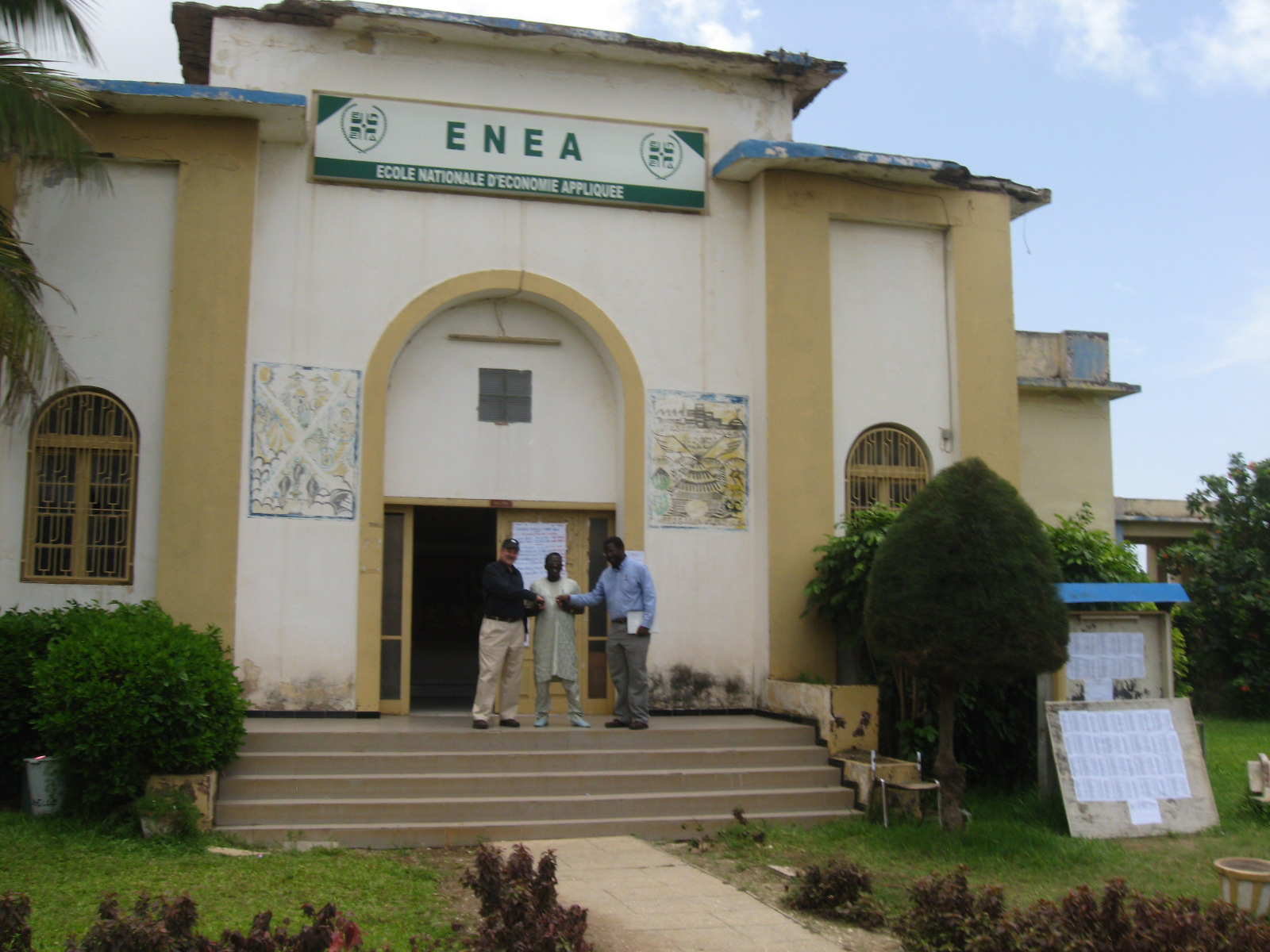Virginia Tech receives $28 million for program in Senegal as part of Feed the Future initiative

The U.S. Agency for International Development has awarded the Office of International Research, Education, and Development at Virginia Tech $28 million to improve the system of agricultural education at the college level in Senegal. Virginia Tech will lead the five-year program, partnering with four American universities as well as with Senegalese agriculture experts to restructure the agriculture curricula at Senegal’s universities, making it more relevant to today’s needs.
The Capacity Building for Agricultural Education and Research (CBAER) project will use the U.S. land grant model to build human capacity in the Senegalese institutions responsible for agricultural education, discovery and outreach. The program is part of the U.S. government’s Feed the Future Initiative, an effort to address the underlying causes of hunger and under-nutrition around the world.
“We will be creating the right conditions for different things to happen by revamping agricultural curricula, research, and outreach in at least four Senegalese universities and at five training centers following the land grant model that has been so successful in the United States and in India,” said S.K. De Datta, associate vice president for international affairs and director of Virginia Tech’s Office of International Research, Education, and Development. “We hope to encourage an extra element of innovation and collaboration with the private sector.”
Revitalization of agriculture in the West African nation is critical to getting the country on a secure footing in its ability to feed itself. While 75 percent of Senegal’s 13 million people are employed in the agricultural sector, the country still imports 70 percent of its rice. Part of the problem has been the evolution of agricultural training along separate tracks: one theoretical, and one practical. This project, officials believe, will integrate the two components while creating a more market-driven agriculture curriculum.
Partnering universities are Michigan State, Purdue, Tuskegee, and the University of Connecticut.
Under the CBAER plan, each American university will be partnered with a Senegalese one. Virginia Tech, in addition to serving as the management unit for the entire program, will be matched with the Université de Thiès; Michigan State will be paired with Université Cheikh Anta Diop; Purdue with Université Gaston Berger; Tuskegee with the Université de Ziguinchor; and the University of Connecticut with the Institut National d’Economie Appliquée.
A project management office will be set up in Dakar, Senegal, where operations will be based.
De Datta noted that Virginia Tech’s long involvement in West Africa helped it secure the award. “Virginia Tech has worked in West Africa since 1986,” he pointed out. “All of our past projects have served to create a considerable wealth of knowledge about the region among our faculty, which we expect to put to good use. This is the largest single project, at $28 million, which the Office of International Research, Education, and Development has garnered to date. We are thrilled about it.”
The Office of International Research, Education, and Development is part of Outreach and International Affairs at Virginia Tech, which links the university to the private sector, government agencies, non-government organizations (NGOs), individuals, and communities in Virginia, the nation, and the world.
Dedicated to its motto, Ut Prosim (That I May Serve), Virginia Tech takes a hands-on, engaging approach to education, preparing scholars to be leaders in their fields and communities. As the commonwealth’s most comprehensive university and its leading research institution, Virginia Tech offers 240 undergraduate and graduate degree programs to more than 31,000 students and manages a research portfolio of $513 million. The university fulfills its land-grant mission of transforming knowledge to practice through technological leadership and by fueling economic growth and job creation locally, regionally, and across Virginia.
Related Links
- Virginia Tech plans high tech international campus in India
- Two professors direct food security research
- Office of International Research, Education, and Development garners $30 million from U.S. Agency for International Development for two global projects
- University program empowers women through gender workshop in Mali




